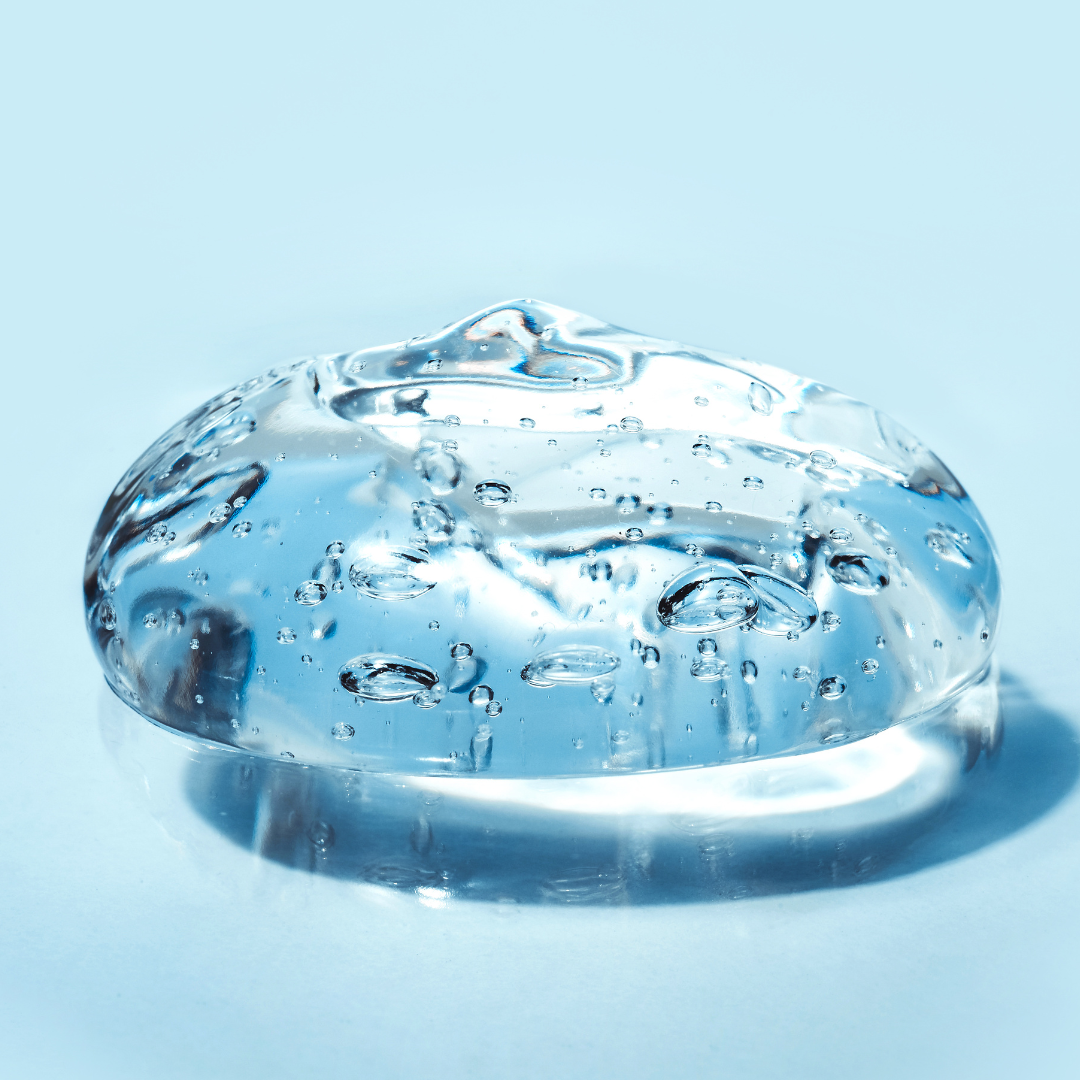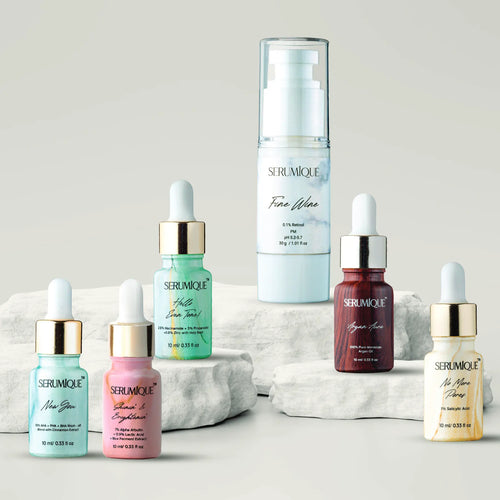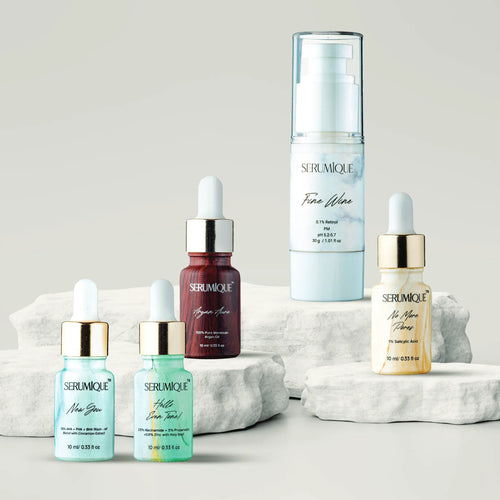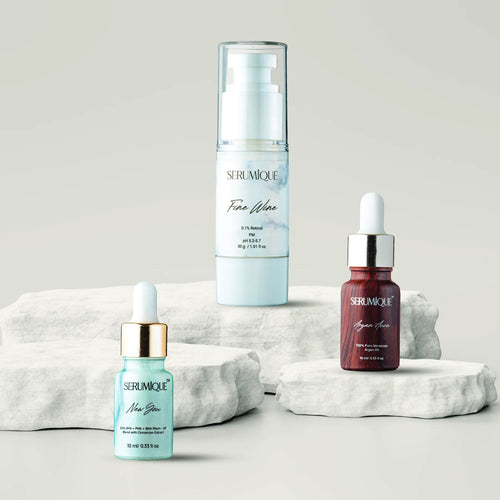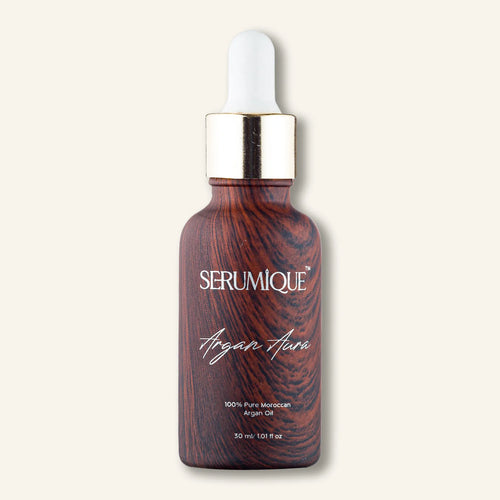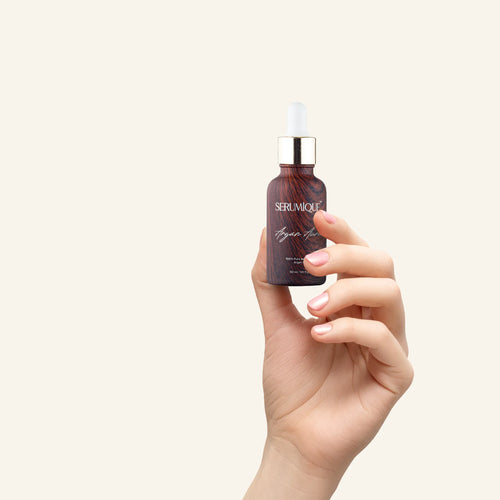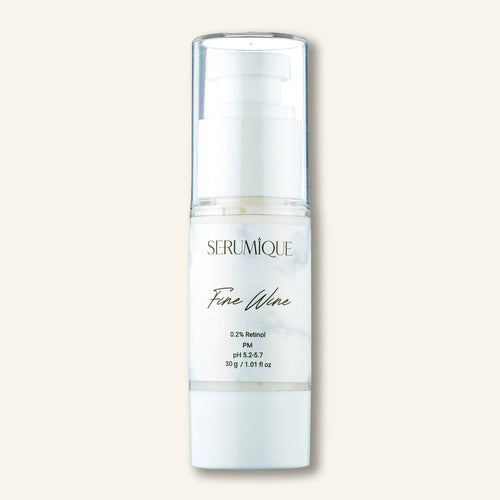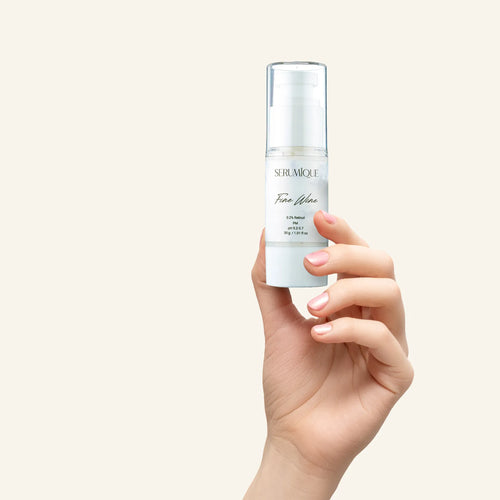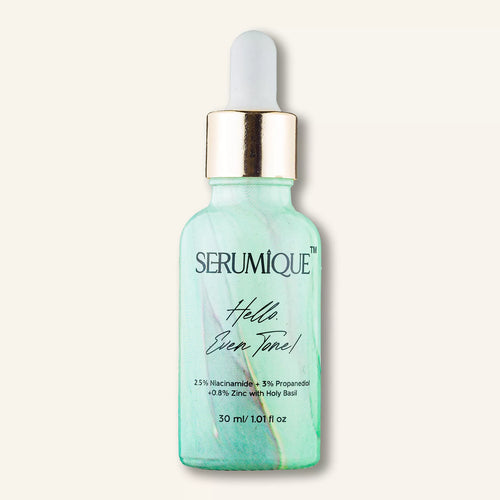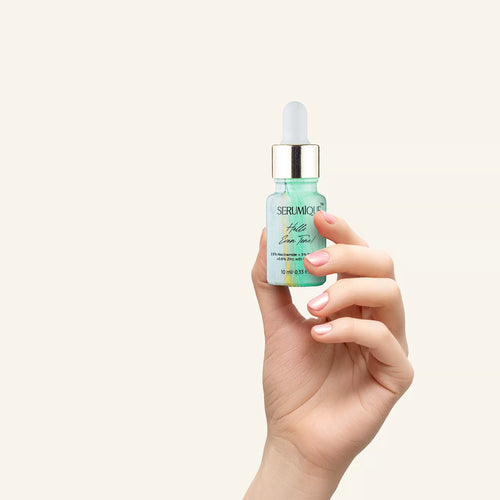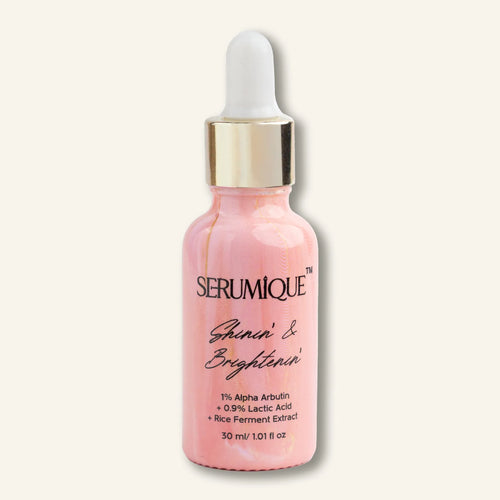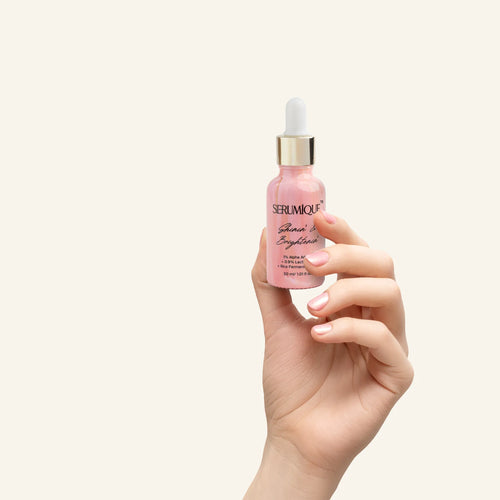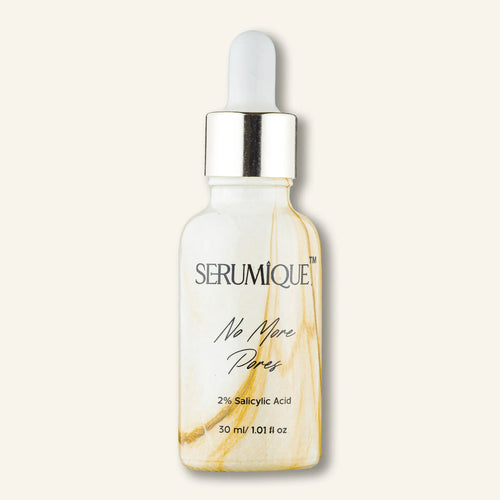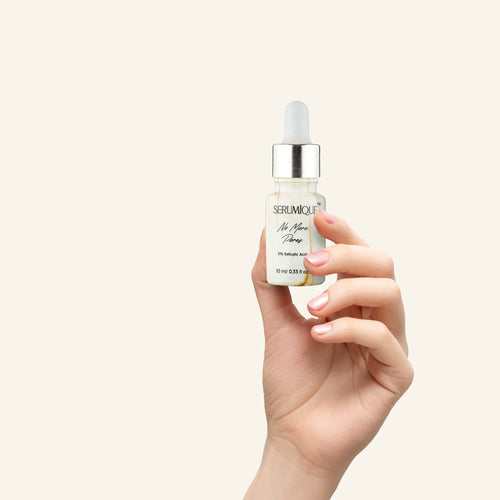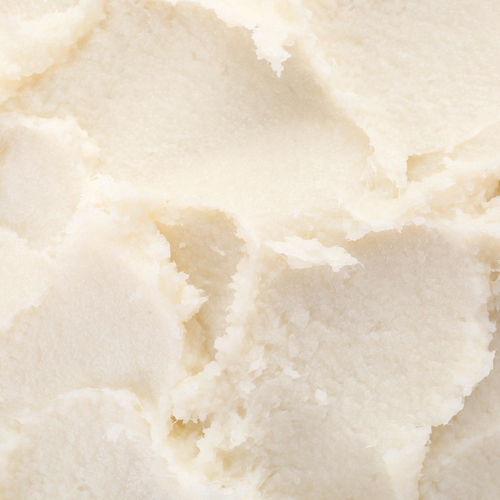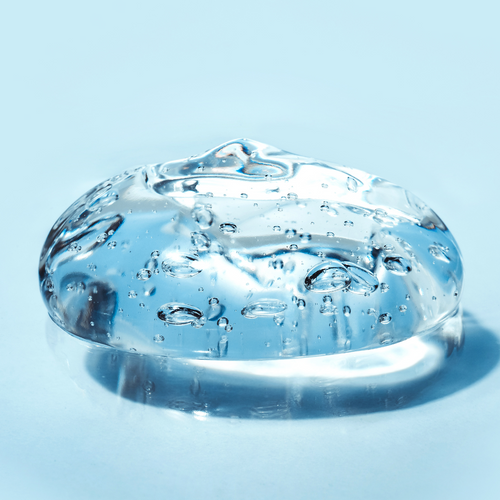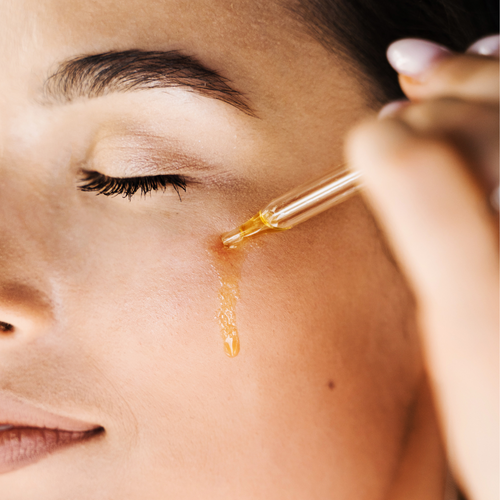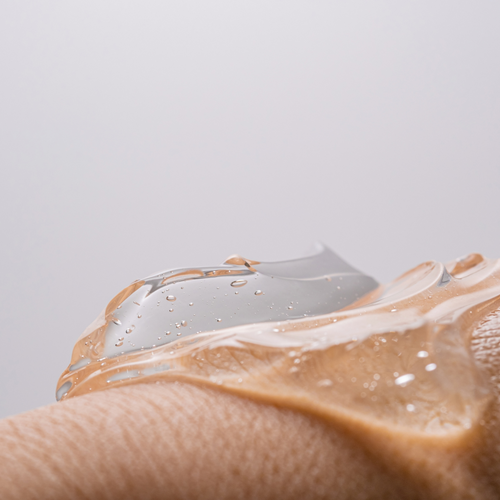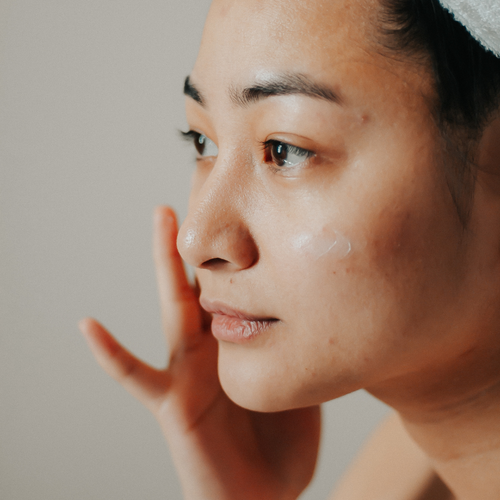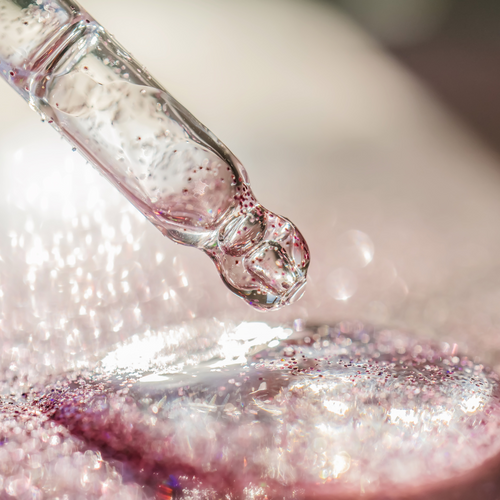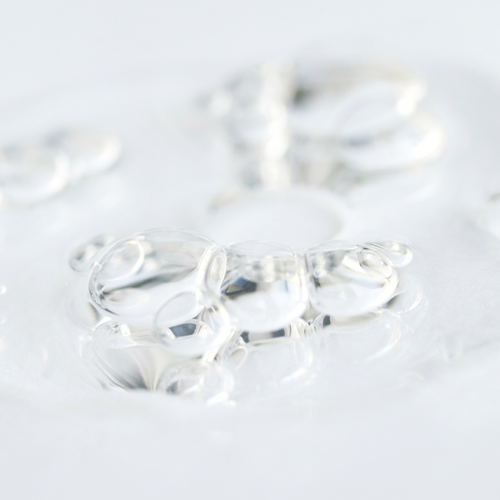Free shipping above orders worth Rs 1200
Introduction: Hyaluronic acid is a staple in many skincare routines, celebrated for its unparalleled hydrating properties. However, the efficacy of hyaluronic acid can vary depending on the climate, with humid environments amplifying its benefits. This blog explores the science behind hyaluronic acid and why it performs exceptionally well in humid conditions.
Understanding Hyaluronic Acid: Hyaluronic acid is a naturally occurring polysaccharide (a type of carbohydrate) found in the body's connective tissue. It's known for its stunning capacity to retain water—up to 1,000 times its weight in moisture. In skincare, it functions as a humectant, drawing water into the skin to provide intense hydration.
The Science of Hyaluronic Acid in Different Climates:
- Humectant Nature: As a humectant, hyaluronic acid draws moisture from the surrounding environment into the skin. This property is key to understanding its varying effectiveness in different climates.
- Humid Climates: In humid conditions, there is an abundance of moisture in the air. Hyaluronic acid can efficiently capture this external moisture, delivering enhanced hydration to the skin.
- Dry Climates: Conversely, in arid or dry conditions, the air lacks sufficient moisture. As a result, hyaluronic acid may draw moisture from deeper layers of the skin instead, which can potentially lead to dehydration if not complemented with other moisturizing ingredients.
Maximizing Hyaluronic Acid Benefits in Humidity:
- Layering Products: In humid climates, use hyaluronic acid serums under a light moisturizer to lock in the hydration.
- Application on Damp Skin: Applying hyaluronic acid on slightly damp skin can help in capturing and retaining moisture more effectively.
- Combining with Occlusives: In very humid settings, pairing hyaluronic acid with an occlusive moisturizer might not be necessary. However, in less humid conditions, an occlusive layer can help seal in the moisture.
Considerations for Dry Climates: If you're in a drier climate, it’s crucial to use hyaluronic acid in combination with other moisturizing agents that prevent moisture loss, ensuring the skin doesn’t end up losing more moisture.
Conclusion: Hyaluronic acid is a powerful hydrating agent, but its effectiveness can be climate-dependent. In humid environments, it excels at drawing abundant external moisture into the skin, offering enhanced hydration benefits. Understanding this relationship between hyaluronic acid and the surrounding humidity levels is crucial for leveraging its full potential in your skincare routine, ensuring your skin remains plump, hydrated, and radiant regardless of the weather.



